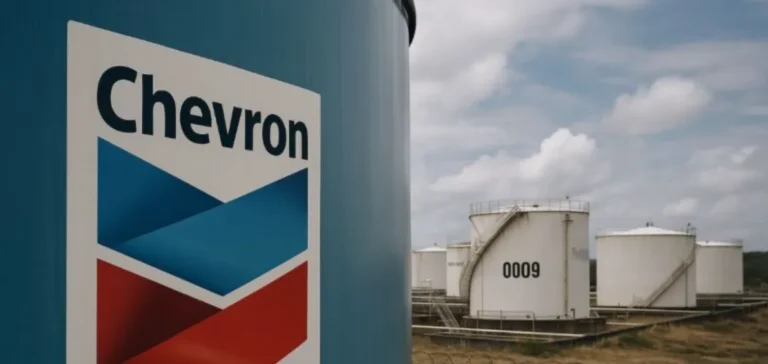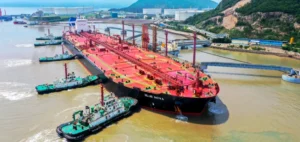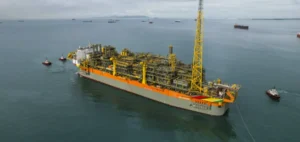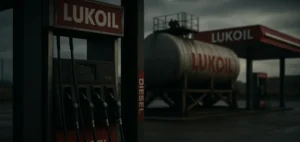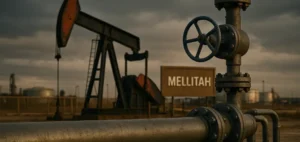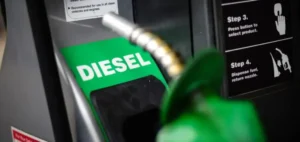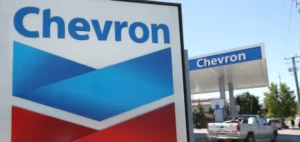Venezuelan President Nicolás Maduro confirmed that Chevron Corporation had been officially notified of the issuance of licences by US authorities, allowing it to restart crude oil extraction on Venezuelan territory. The company’s operations had been suspended since May, following the cancellation of its previous licence by the administration of Donald Trump.
The announcement comes amid persistently strained diplomatic relations between Caracas and Washington, although certain dialogue mechanisms remain active. “Chevron has been informed of the issuance of licences allowing it to continue its activities in Venezuela,” Mr Maduro stated. He added that Executive Vice-President Delcy Rodríguez had directly confirmed the information to the company.
Production maintained despite restrictions
Nicolás Maduro noted that, despite the administrative suspension imposed by the United States, the fields operated as joint ventures with the Venezuelan state had continued production. According to him, these sites even registered growth. “While Chevron was in this uncertain situation (…), the oil wells increased their production,” he said.
The president also indicated that national oil production had increased by 12% in recent months, surpassing one million barrels per day. This figure, presented without detailed independent verification, remains below levels reached before international sanctions.
Context of tensions and partial openings
The United States had initially allowed Chevron to partially resume its activities in Venezuela in November 2022, as part of a diplomatic easing initiated by the Biden administration. However, this decision was reversed in early 2025 by the Trump administration, which returned to power, temporarily halting the company’s field operations.
Despite the absence of official diplomatic relations between the two governments since 2019, informal communication channels have been maintained. The recent release of several American detainees by Venezuelan authorities, in exchange for the return of migrants deported by the United States, reflects a willingness for occasional exchanges.
Mr Maduro reaffirmed his country’s openness to international companies. “As we tell all international companies operating in Venezuela, they are welcome,” he said, without specifying the fiscal or contractual terms tied to the resumption of operations.


